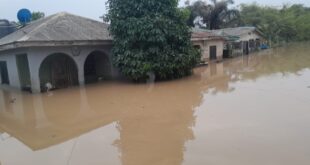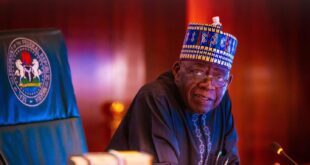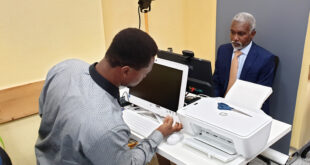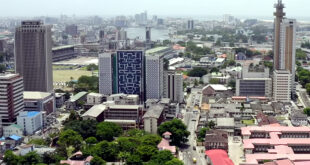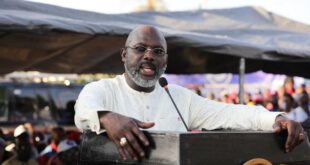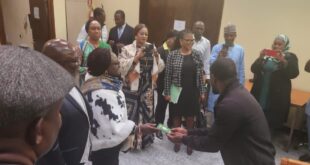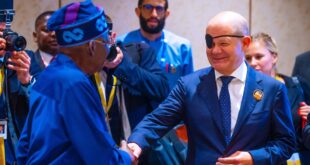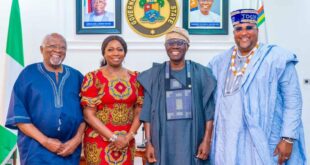Nigeria’s Minister of Defence, Brigadier-General Mansur Dan Ali (rtd.), has told the German international broadcaster DW that the suspected kidnappers had been arrested.
“They have been detained. The police chief mentioned that when he was briefing us on improved security in southern Kaduna State,” he said.
The identity of the suspects has however not yet been disclosed.
The two German archaeologists – Professor Peter Breunig and Johannes Behringer – had been abducted on 22 February during excavation work at Jenjela village in Kaduna state. The researchers were in the region investigating relics of an early Iron Age population known as the Nok.

Two villagers who attempted to help the Germans were shot and killed by the kidnappers.
No ransom was paid when they were freed three days later, a police official said, without giving details. The gunmen had demanded a ransom of 60 million naira (about $200,000 or 190,000 euros).
The Germans were kidnapped along a road running from Abuja to Kaduna, which will soon serve as a temporary entry point for visitors to the federal capital. The main airport in Abuja will be closed for repairs for six weeks beginning on 8 March.
During that time, those travelling to the capital via air will have to land in Kaduna and then make the 160 km journey to Abuja by bus.
Kidnappings for ransom are not uncommon in Nigeria, and several have occurred along that stretch of road in recent years. One victim, last summer, was Sierra Leone’s deputy high commissioner.
Most international airlines have said they will not fly into Kaduna, and some embassies in the capital are trying to limit staff travel while the airport is being repaired.
bik/rg (Reuters, dpa, AP, AFP)
 THE AFRICAN COURIER. Reporting Africa and its Diaspora! The African Courier is an international magazine published in Germany to report on Africa and the Diaspora African experience. The first issue of the bimonthly magazine appeared on the newsstands on 15 February 1998. The African Courier is a communication forum for European-African political, economic and cultural exchanges, and a voice for Africa in Europe.
THE AFRICAN COURIER. Reporting Africa and its Diaspora! The African Courier is an international magazine published in Germany to report on Africa and the Diaspora African experience. The first issue of the bimonthly magazine appeared on the newsstands on 15 February 1998. The African Courier is a communication forum for European-African political, economic and cultural exchanges, and a voice for Africa in Europe.


